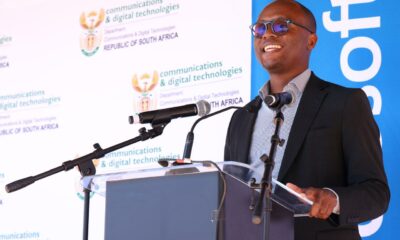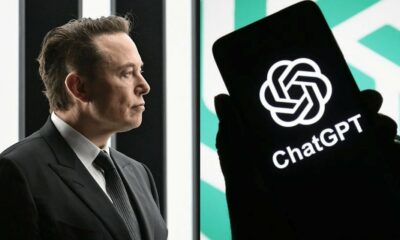Business
South Africa Considers New Rules to Let Starlink Operate Without Local Ownership Stake

South Africa is working on a fresh approach to its ICT ownership rules that could clear the runway for Elon Musk’s Starlink satellite internet service to legally operate in the country.
For years, foreign companies in South Africa’s telecoms sector have faced a major hurdle: the requirement to have at least 30% black ownership under the country’s Broad-Based Black Economic Empowerment (B-BBEE) laws. These rules were designed to address the deep inequalities left behind by apartheid. But they’ve also made it difficult for global firms like Starlink — which offers high-speed satellite internet — to enter the local market.
Now, that could change.
The government is proposing an “equity equivalent” alternative to these ownership rules. Instead of giving up equity, companies could invest in local infrastructure or black-owned small businesses. It’s a model that has precedent: in 2019, car giants like BMW and Toyota agreed to a similar scheme in the auto sector.
Starlink’s Way In
The timing of this regulatory rethink is notable. Reports suggest the plan was fast-tracked ahead of President Cyril Ramaphosa’s diplomatic trip to the White House. With U.S.-South Africa relations strained — partly due to inflammatory statements from Elon Musk and former President Donald Trump about so-called “white genocide” in South Africa — the Ramaphosa administration is keen to show it’s open for business.
The new policy is part of the Department of Communications and Digital Technologies’ medium-term planning. Minister Solly Malatsi has announced that he will formally direct the Independent Communications Authority of South Africa (ICASA) to revisit satellite operator licensing. The goal? To ensure a more consistent and investor-friendly framework across the ICT sector.
“There is a need to harmonise licensing requirements with broader empowerment legislation,” Malatsi noted in a policy document published in the Government Gazette.
If adopted, the policy change could mark a turning point not just for Starlink but for the broader tech ecosystem in South Africa. Global satellite and telecom players may finally find a path into the market without the need to offload a significant stake in their businesses.
For everyday South Africans, especially those in rural or underserved areas, this could mean more competition, better connectivity, and faster internet.
While the idea is still in the proposal stage, it sends a clear signal: South Africa is rethinking its rules to adapt to the global digital economy — without abandoning its mission to empower historically disadvantaged communities.
{Source: Tech Central}
Follow Joburg ETC on Facebook, Twitter , TikTok and Instagram
For more News in Johannesburg, visit joburgetc.com



























